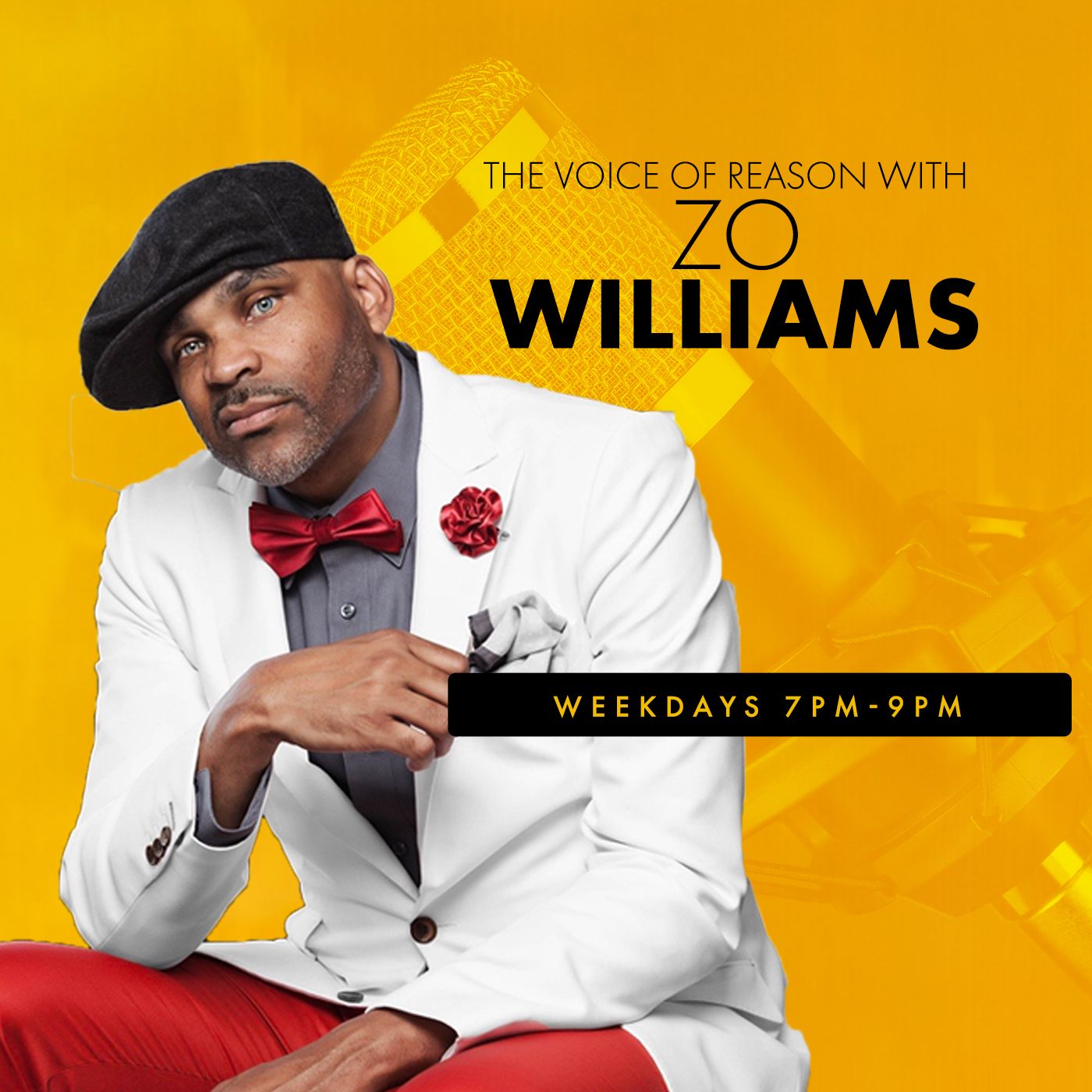Listen "“You Are What You Repress!”"
Episode Synopsis
Questions: 1. What connections can be made between repression and “whole self” neglect? 2. What are some unintended consequences and outcomes of FEAGO repression? 3. Can ruminating over oppression from others be used to redirect attention away from self repression? 4. Is repression a result of addiction to self imposed shame and guilt? Furthermore, how do these addictions contribute to the breakdown of relationship dynamics? 5. How does your relationship with your inner authority contribute to your desire to repress emotional, spiritual, and psychological wounds? 6. To what extent does societal conditioning play a role in shaping our tendencies towards repression? 7. How does the fear of societal judgment impact our willingness to confront and address repressed emotions? 8. Can repressed emotions manifest physically in the body, leading to various health issues? 9. How does the concept of the shadow self, as explored by Jung, tie into the idea of repression? 10. In what ways can therapy and self-reflection help individuals uncover and address repressed memories and emotions? 11. How does the cultural stigma around mental health contribute to the perpetuation of repression? 12. Is there a difference between healthy repression as a coping mechanism and harmful repression that leads to psychological distress? 13. How do defense mechanisms such as denial and projection play a role in repression? 14. Can repressed emotions resurface later in life, causing unexpected psychological challenges? 15. How do societal norms and expectations regarding gender roles influence the way individuals repress certain emotions? 16. Can repressed trauma be passed down through generations, leading to intergenerational cycles of repression? 17. How does the concept of the unconscious mind, as explored by Freud, relate to the idea of repression? 18. Is there a connection between repressed emotions and creativity, as seen in artists and writers? 19. How does the process of individuation, as described by Jung, involve confronting and integrating repressed aspects of the self? 20. Can repressed emotions lead to feelings of dissociation and detachment from reality? 21. How does the fear of vulnerability and intimacy contribute to the tendency to repress emotions in relationships? 22. Are there cultural differences in the way repression is viewed and experienced? 23. How do power dynamics in relationships impact the way individuals repress emotions? 24. Can spiritual practices such as mindfulness and meditation help individuals uncover and release repressed emotions? 25. How does the concept of the inner child, as explored by Ericson, tie into the idea of repression? 26. In what ways can dreams and symbols reveal repressed emotions and desires? 27. Can repressed emotions manifest as phobias or irrational fears? 28. How does the concept of the collective unconscious, as described by Jung, relate to the idea of collective repression within society? 29. Can repressed emotions lead to self-sabotaging behaviors and patterns? 30. How do societal expectations of perfection and success contribute to the pressure to repress emotions? 31. Is there a connection between repressed emotions and existential crises or spiritual awakenings? 32. How does trauma influence the way individuals repress emotions as a means of self-protection? 33. Can repressed emotions be released through physical practices such as yoga or dance therapy? 34. How do cultural taboos around sexuality impact the way individuals repress sexual desires and fantasies? 35. Is there a link between repressed emotions and chronic stress or anxiety disorders? 36. How does the concept of the ego, as explored by Freud, influence the way individuals repress certain aspects of themselves? 37. Can repressed emotions lead to feelings of numbness and emotional emptiness? 38. How do childhood experiences of invalidation and neglect contribute to the development of repression? 39. Are there gender differences in the way repression is expressed and experienced? 40. Can repressed emotions be released through creative expression and art therapy? 41. In what ways can journaling and writing help individuals explore and process repressed emotions? 42. How does the concept of the persona, as described by Jung, tie into the idea of repression? 43. Can repressed emotions lead to feelings of existential despair and a sense of meaninglessness? 44. How do attachment styles and early bonding experiences influence the way individuals repress emotions in relationships? 45. Is there a connection between repressed emotions and addictive behaviors such as substance abuse or compulsive gambling? 46. How does the concept of the unconscious bias, as explored in psychology, relate to the idea of repression within societal structures? 47. Can repressed emotions be released through somatic experiencing and body-centered therapies?
More episodes of the podcast Zo Williams: Voice of Reason
A “Soft” Man is a Dangerous Man!
12/11/2025
Love Language Vs Lust Language!
10/11/2025
Offloading or OutSourcing Self Sovereignty!
25/10/2025
 ZARZA We are Zarza, the prestigious firm behind major projects in information technology.
ZARZA We are Zarza, the prestigious firm behind major projects in information technology.
